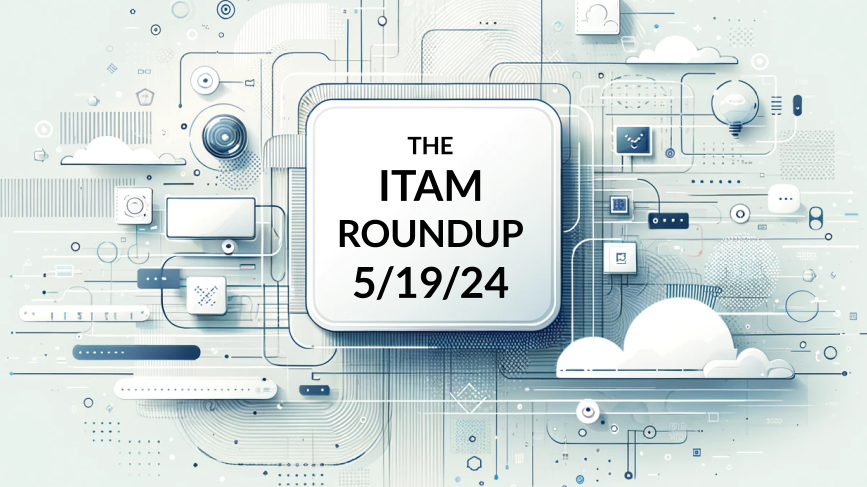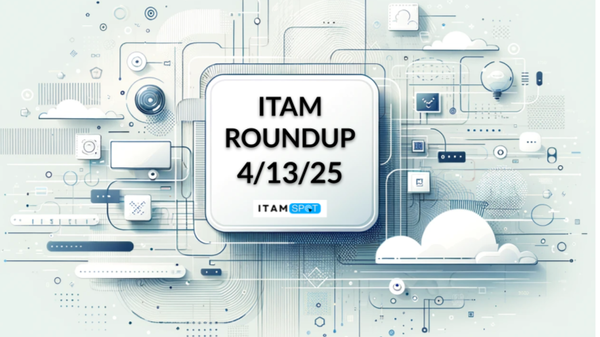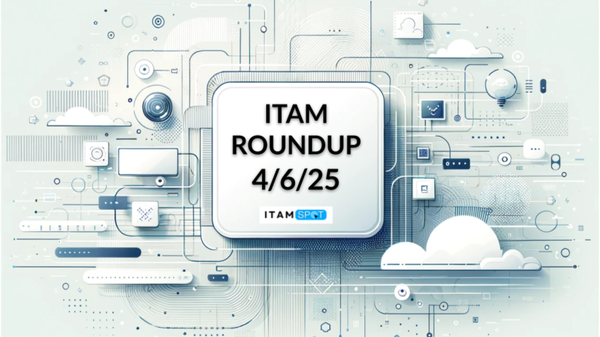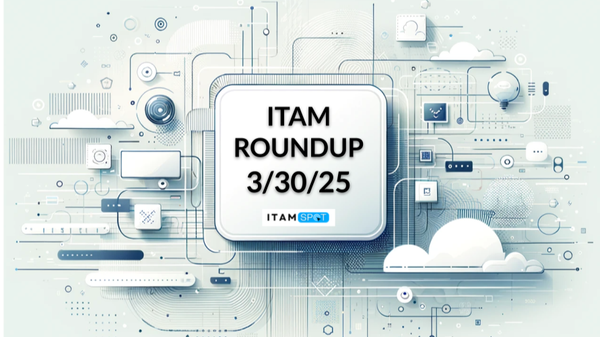The ITAM Roundup: 5/19/24
State of IT jobs: Mixed signals, changes ahead
The IT job market is experiencing mixed signals, with layoffs and salary stagnation following the pandemic-era hiring boom, while demand for AI skills remains high. Employers are struggling to find skilled professionals, particularly for roles involving AI, cybersecurity, and cloud technologies, leading to a candidate-friendly market.

Snowflake Eyes Reka AI Buy For $1B To Boost Generative AI, LLMs
Snowflake is in talks to acquire AI startup Reka AI for over $1 billion as part of its strategy to build the world’s leading AI ecosystem. This acquisition aims to enhance Snowflake's generative AI capabilities, adding to its recent investments in AI partnerships and the launch of its own large language model, Arctic.

Xensam Webinar: Introducing The Integration Platform
Xensam is introducing its new Integration Platform, which offers significant business value by supporting around 5,000 pre-built integrations and a REST API, enabling automation and extensive SAM knowledge sharing.
Sign up for their webinar on May 29th, which will showcase the platform's capabilities!

Is generative AI bringing back private clouds?
The resurgence of private cloud strategies among enterprises is driven by the growing complexity and cost of AI workloads, as revealed by a Forrester survey where 79% of enterprise cloud decision-makers reported implementing private clouds. IDC forecasts significant growth in global spending on private cloud services and infrastructure, reaching $20.4 billion and $51.8 billion respectively in 2024, largely fueled by the need for cost control and data privacy in AI applications.

Oracle Database Licensing for AWS Migrations
Migrating Oracle databases to AWS can reduce costs, but requires careful consideration of licensing options such as Bring Your Own License (BYOL) and AWS's Cloud Licensing Policy. BYOL allows existing licenses to be used, with specific rules on vCPU and core counting, while AWS's RDS License Included option simplifies licensing but is limited to Standard Edition 2. Compliance with Oracle licensing involves understanding the specific terms and tracking feature use to avoid unexpected costs, with different strategies available for on-premises, EC2, and RDS deployments.
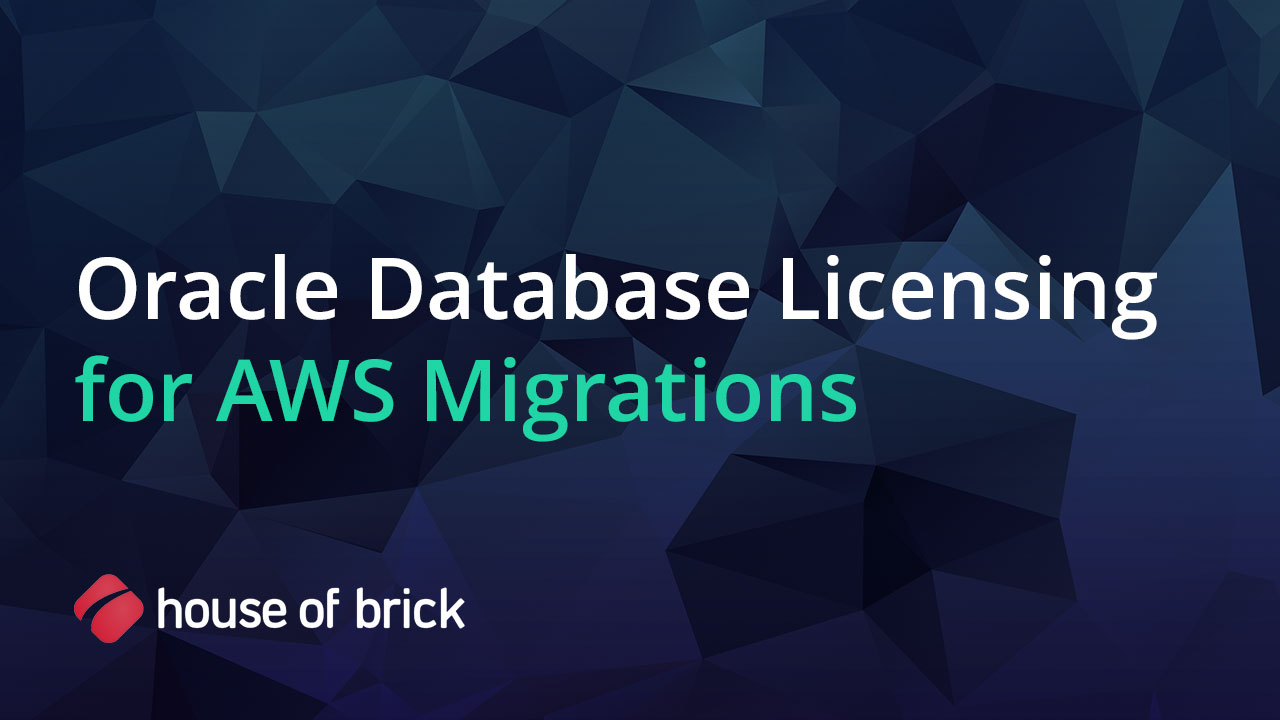
Software Asset Management – Are we doing it right?
Effective SAM requires collaboration between procurement and the SAM team, along with well-defined processes and procedures. Proactive SAM, as opposed to reactive, ensures efficient software asset management and risk mitigation, with the ISO 19770-1 standard providing a framework for best practices.

NIS2 Requirements: 10 Ways in Which Asset Management And ITSM Can Help
The NIS2 requirements mandate organizations to implement various cybersecurity measures by October 17, 2024, with penalties for non-compliance. IT Asset Management (ITAM) and IT Service Management (ITSM) can significantly aid in meeting these requirements by providing visibility, automating workflows, and ensuring compliance with security standards.

Power BI customers beware: The Fabric takeover continues
Microsoft is pushing Power BI customers to adopt Fabric by retiring high-end Power BI features and making Fabric the only replacement option, with transitions happening quickly and sometimes without adequate notice. Despite theoretical options to remain on Power BI until current agreements expire, most customers will need to migrate to Fabric, especially for features like machine learning and data marts.

Oracle License Services: Spending Money to Save It
Oracle licenses can be expensive, and while companies might hesitate to invest in expert consulting services for license compliance, doing so can prevent costly audits, back payments, and fines. Spending on services like Oracle license reviews, audit defense, and license management is a preventive measure that saves money in the long run by ensuring compliance and avoiding financial penalties.

Understanding Microsoft’s Edge-Computing Strategy
Microsoft's edge-computing strategy is shifting to align with the evolving AI landscape, becoming increasingly vital for customers, partners, and itself. Analysts Barry Briggs and Mary Jo Foley discuss these strategic changes and their implications in this episode.

Financial institutions have 30 days to disclose breaches under new rules
The SEC has mandated that financial institutions disclose security breaches within 30 days of discovery under newly adopted amendments to Regulation S-P, which governs consumer personal information. These changes require institutions to notify affected individuals promptly, implement written policies for breach detection and response, and maintain records of compliance, with the rules expanding to include both the institution's own customers and those of other financial institutions.


